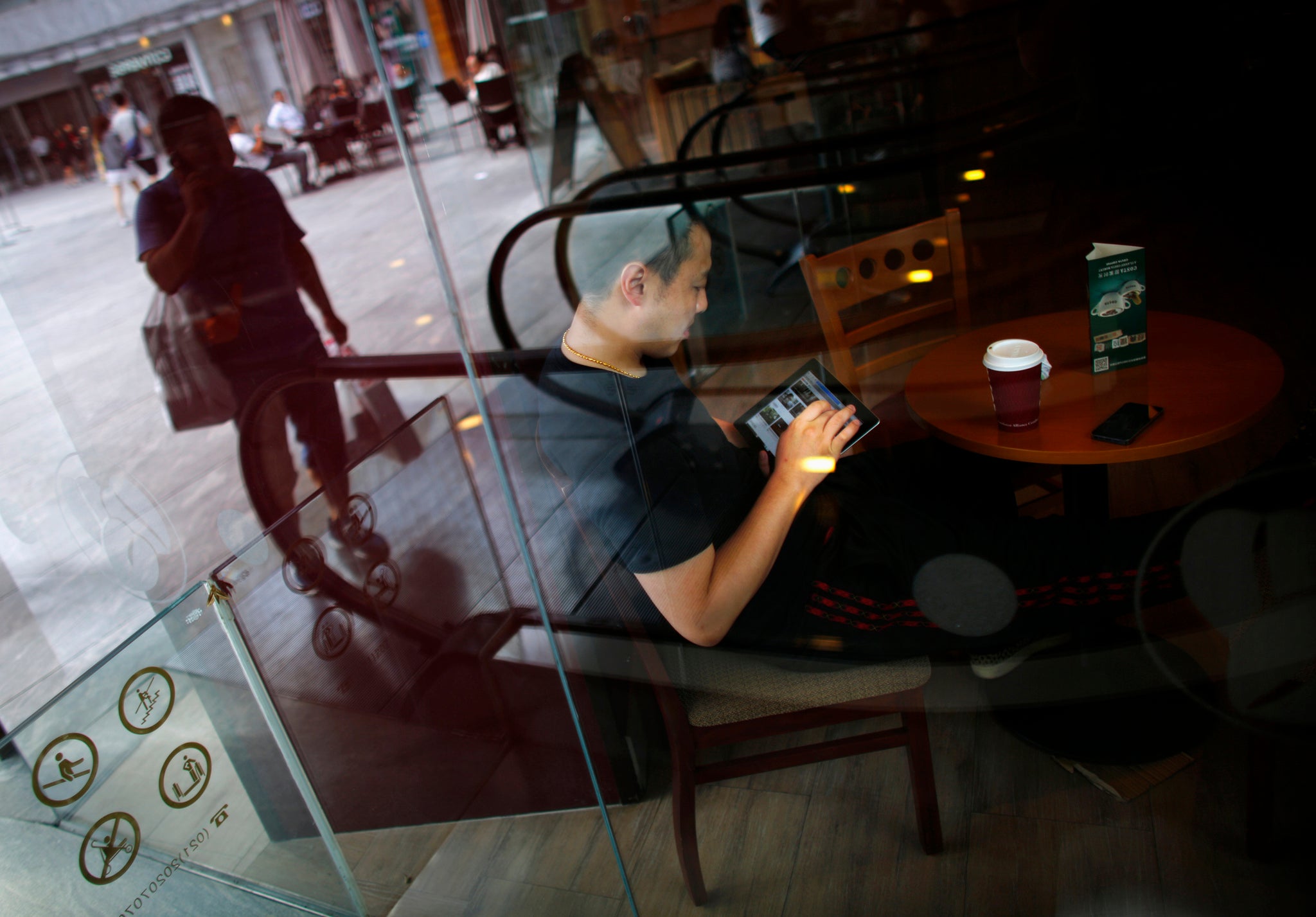Tablet use in the UK predicted to hit 50% by 2017
Growth is driven by wide range of low-priced Android devices, though Apple's iPad retains a majority market share

Your support helps us to tell the story
From reproductive rights to climate change to Big Tech, The Independent is on the ground when the story is developing. Whether it's investigating the financials of Elon Musk's pro-Trump PAC or producing our latest documentary, 'The A Word', which shines a light on the American women fighting for reproductive rights, we know how important it is to parse out the facts from the messaging.
At such a critical moment in US history, we need reporters on the ground. Your donation allows us to keep sending journalists to speak to both sides of the story.
The Independent is trusted by Americans across the entire political spectrum. And unlike many other quality news outlets, we choose not to lock Americans out of our reporting and analysis with paywalls. We believe quality journalism should be available to everyone, paid for by those who can afford it.
Your support makes all the difference.Tablet use in the UK is continuing to grow, with 20 million individuals – one in three consumers–estimated to use a device this year according to research from eMarketer.
This figure includes individuals who own a tablet as well as those who share one and by 2017 eMarketer estimates that 34.8m of Britons will use a tablet at least once a month, making it firmly a “mass-market device.”
The company credits this uptake with the introduction of increasingly cheaper models including the Amazon Kindle Fire and Tesco’s newly-launched Hudl, costing £99 and £119 respectively.
The slew of new devices released in preparation for Christmas sales will mean that for the first time sales of mobile devices will be greater than those of PCs in the fourth quarter of 2013.
This is according to industry analysts IDC who also predict that despite this, total PC sales will still be greater than those of mobile devices when looked at across the whole year.
Growth in the market may be driven by lower-priced Android devices but Apple still remains a dominant force, with the iPad expected to claim 59 per cent of the market this year.
It is suggested though that demand for pricier tablets has slowed, with the growth rate of Apple’s market share expected to drop to the single digits next year and stay there for the foreseeable future.
These same growth rates also suggest that the tablet’s success is partly due to a broader appeal among different age groups. Tablet use is predicted to grow fastest amongst the over 65s and under 12s, with higher than average increases also forecast for 12-17-year-olds and those aged between 55 and 64.
The majority of tablet owners will continue to be comprised of individuals in the 25-54 age range, but it’s thought that as mobile access to the internet becomes more widespread, different age groups will adopt the devices.
But although tablets have clear advantages in terms of portability, media consumption and ease of use, there remains plenty of doubt as to whether they will unseat PCs to become our go-to device.
In Deloitte’s 2013 Technology, Media & Telecommunications (TMT) predictions, the firm estimated that 70 per cent of the time we spend with computing devices will be with PCs, with the firm arguing that unit sales are not commensurate with usage time.
Their research argues that the PC’s physical characteristics make it better suited to the majority of tasks, and that tablet use is both less frequent and passive.
“For most people, the PC will continue to be the primary computing device," says Deloitte. "We are not in a ‘post-PC era.’ We are in the era of ‘PC Plus.’”
Join our commenting forum
Join thought-provoking conversations, follow other Independent readers and see their replies
Comments